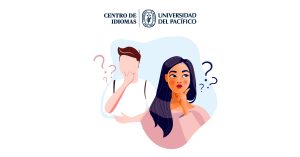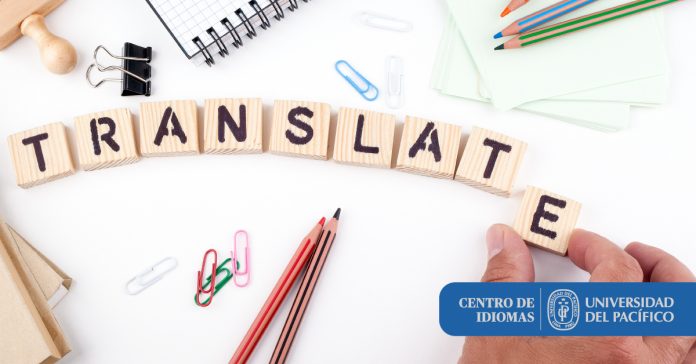Historically speaking, in our career ladder translation was reserved for the most experienced teachers. It was usual that, after having taught different language levels and courses, some chosen teachers were then appointed to teach preparation courses for International Exams and just a few of them tried translating.
As a translator myself, I know firsthand that being knowledgeable in the language gives you a considerable advantage when it comes to using it as a tool. A professional in translation knows registers, collocations, idioms, and functional language. Translation, however, requires some degree of expertise in specific fields, vast general culture and knowledge of Linguistics and Theory of Translation, not to mention Stylistics.
An English teacher can make an excellent translator when it comes to working with their field of expertise; if that is not the case, there are plenty of opportunities nowadays to grasp what it means to be a translator: there are webinars, diplomas, and short courses available to get the foundations of this profession.

Since language is continuously evolving, it is important to keep updated and to read about it. Besides the foreign language, it is also very important to know Spanish well, not only as a native speaker does, but to discern the new words incorporated into the language, recently coined words, and new uses concerning these. Last, but not least important, it is a must to be very aware of the modifications decreed by the Real Academia Española and the Asociacion de Academias de la Lengua Española.
We often tell our students they have to learn to “think in English,” to the extent that it may have lost meaning in their minds. So, what does this mean and how do we achieve it? In truth, it is something that cannot be properly explained, only experienced. It is the feeling people that speak English as a second language get when they know what they want to say, but cannot remember that one word in their own language. It is having that one expression that perfectly fits the situation and replying with “there is no equivalent in our language” when asked about it.
It is that feeling described above that could mean the difference between a fully methodical and a potentially versatile translator. It is easier to properly translate ideas after experiencing them in our daily lives. Do not just study a language, fully embrace, and live in it!
The world of languages is vast, and our passion for learning the mechanics of each language, to contrast and compare it with others, allows us to understand its spirit, culture, and values. This in turn, is the magic of translation: help to connect people and to be the bridge between two cultures.
What about you? Are you up to give it a try?
What other chances do you see in a near future?











I agree entirely with your opinion. Having said so, we must bear in mind that translating is not an easy job, even though it may look like it is. When it comes to something related to our profession as language teachers, it helps a lot. But when facing a different topic, we must be aware of the difficulties we may come across and be ready by preparing consciously.
On the whole, life has taught us that nothing is impossible. So let’s get ready and all the best in the next translation opportunity.
Comments are closed.